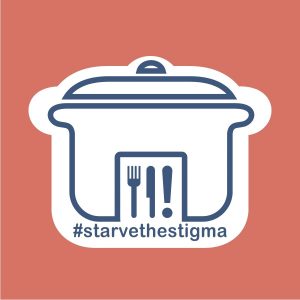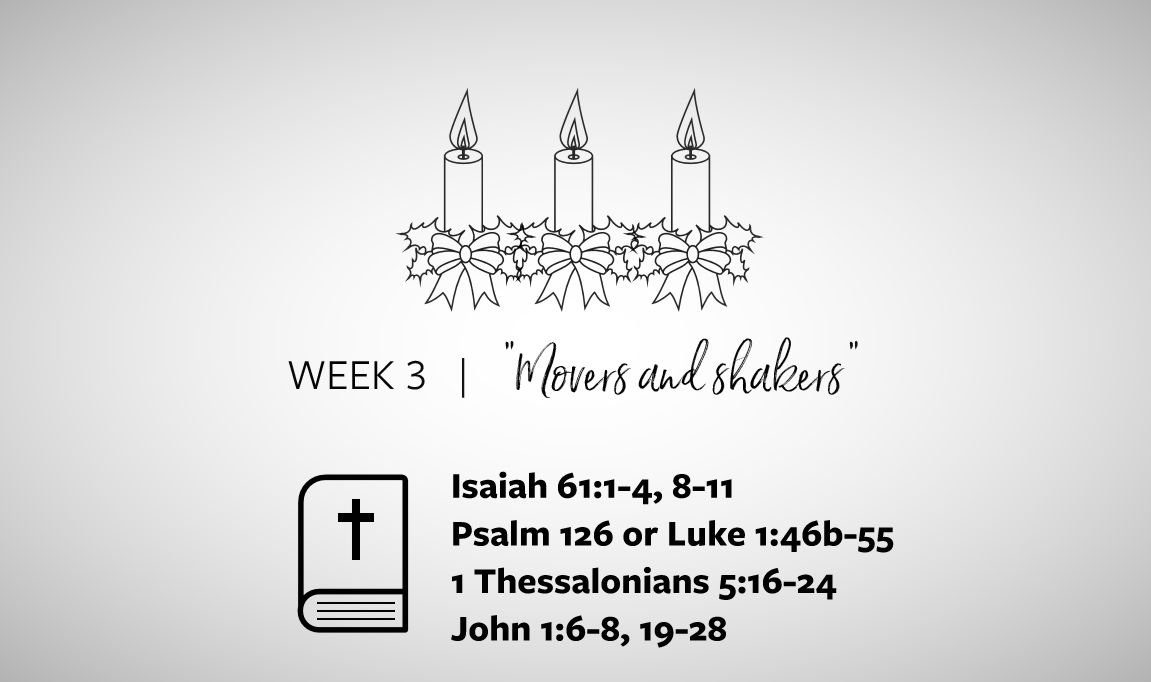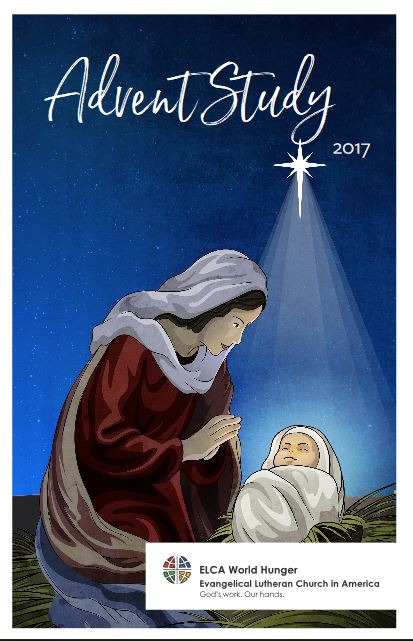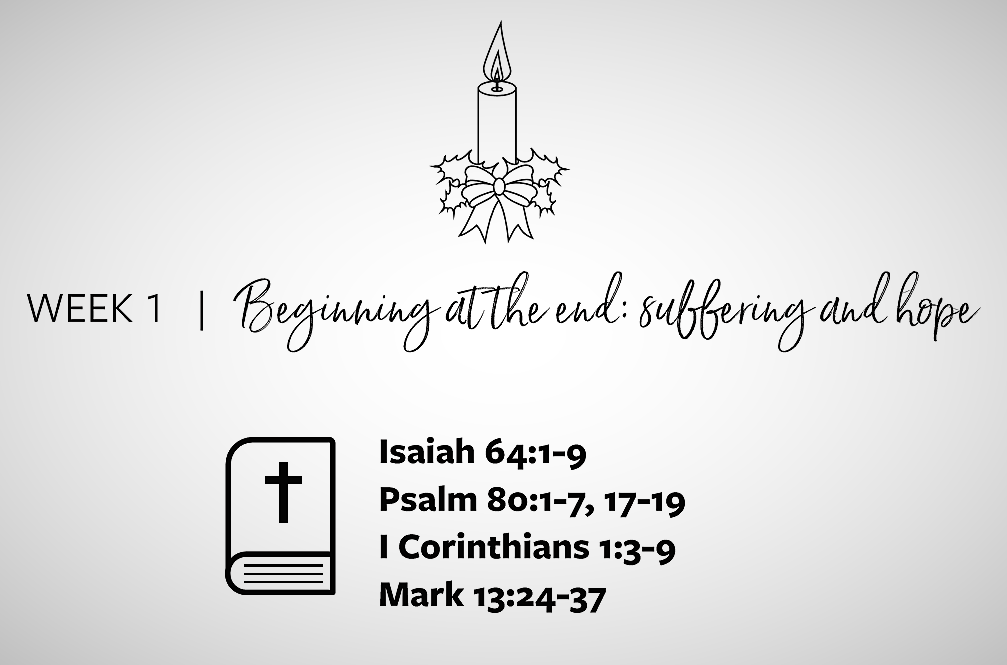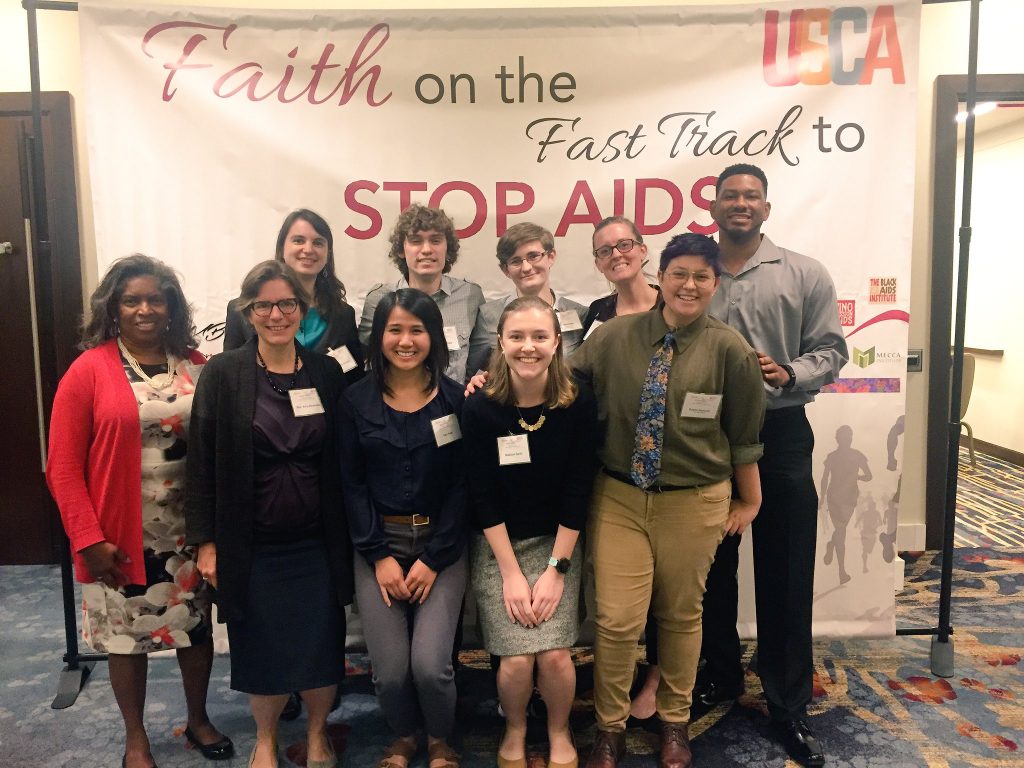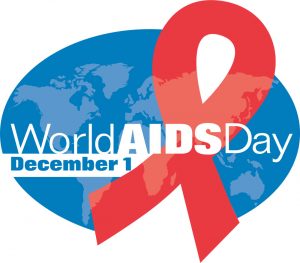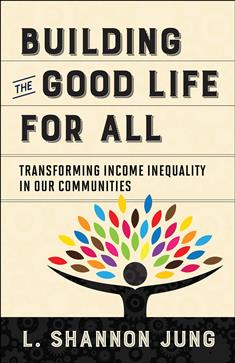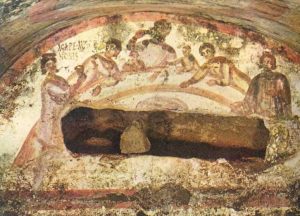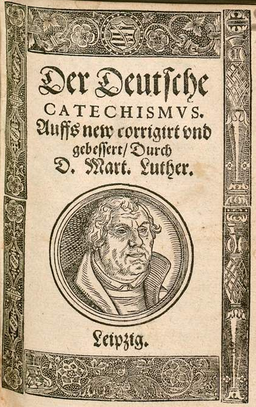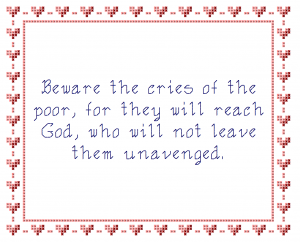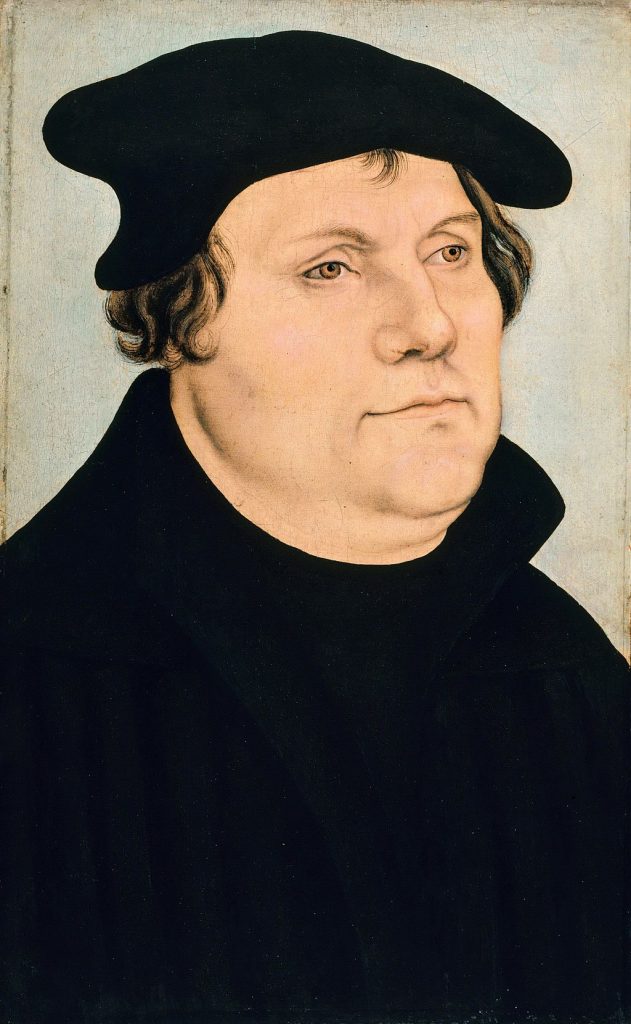Witticisms about college students surviving on cheap noodles and coffee abound, but hunger on campus and off campus is no laughing matter. Just ask the student leaders at Augustana College in Rock Island, Illinois.
With support from an ELCA World Hunger Education and Networking grant, students at Augustana, an ELCA-affiliated institution, launched a new effort to address hunger on campus and in the surrounding community in 2016. The Augustana College Campus Kitchen is affiliated with The Campus Kitchens Project, a national nonprofit and partner of ELCA World Hunger. CKP facilitates student-led initiatives on campuses across the country to target food waste and hunger. Students provide a way for excess food from dining services and other on-campus sources to be distributed to people in need.
At Augustana, the Campus Kitchen student leadership team saw early on that hunger is not just a problem off-campus. Many students themselves face food insecurity and often find it difficult to access the nutritious food they need to get through school and work. In fact, a 2016 study by the National Student Campaign Against Hunger and Homelessness found 48 percent of respondents reported being food insecure in the 30 days prior to being surveyed.
The Augustana College Campus Kitchen began their work by hosting community meals for fellow students. But they didn’t stop there. Below is an update from Lauren Clapp, a member of the leadership team, detailing some of the great work they have been doing the past year. Lauren is a junior majoring in Art History and Communication Studies and is the Education Coordinator for the Augustana College Campus Kitchen. Next year, she will be President of the chapter. Lauren designed and launched the Sticker Program with the help of the leadership team and advisory board and the support of faculty and staff on campus.
Hello from the Augustana College Campus Kitchen!
Community Meals
The meals we offer have been a great success so far and have made a big impact on campus. We have heard from some students that these meals are one of the few times they have access to healthy, sufficient food. We have had two already this year and are amping up for a third very soon. During our second meal we served a record number of 233 meals to students on campus, bringing our total number of meals served to 888 meals since our launch November 2016. Of those 888 meals served, 830 pounds of the food was recovered from our campus dining center! This next meal we are looking forward to hopefully breaking our previous record of 233 meals!
Campus Cupboard
This past term the student leadership team at Augustana launched our Campus Cupboard in collaboration with another organization on campus. So far the Cupboard has received 3,611 of pounds in food donations and given out 2,290 pounds. The cupboard is open 4 hours a week and averages about 36 students per week. As the cupboard’s presence on campus continues to grow we are excited to see what the future will look like!
#starvethestigma
We also know that the stigma about hunger on campus is significant, so we launched a Sticker Program to help raise awareness and reduce stigma. The sticker program is a 45-minute training program for faculty and staff of Augustana College. The program addresses what food insecurity is, what it looks like in the community and on campus, how to address the issue among students, and how to be a resource for those seeking help. Upon completion of the program the faculty or staff member receives a sticker to put on the outside of their office space to let students know they have been through the training and are dedicated to addressing the issue of food insecurity on campus.
This year, while studying abroad in England, I was able to take my Campus Kitchens Sticker Program sticker along and get some wonderful pictures in different locations that our team was able to use on social media and in advertising for the program.
In terms of the future, the Augustana College Campus Kitchens will be presenting the Sticker Program two more times this year to educate our faculty and staff on what food insecurity is, what it looks like on our campus and how they can be resources for the students. We are also looking into attending CKP’s Food Waste and Hunger Summit again this year in March and are hoping to send more than one of our leadership team members. After attending last year with ELCA World Hunger, I returned with enough enthusiasm and information that our entire leadership team is hoping to go and experience the fun!
Thanks to Lauren for sharing this update with us, and to the team at Augustana for their hard work in ending hunger! Check back for more updates to follow their work.
Follow the Augustana College Campus Kitchen on Facebook! https://www.facebook.com/CampusKitchenatAugustana/

